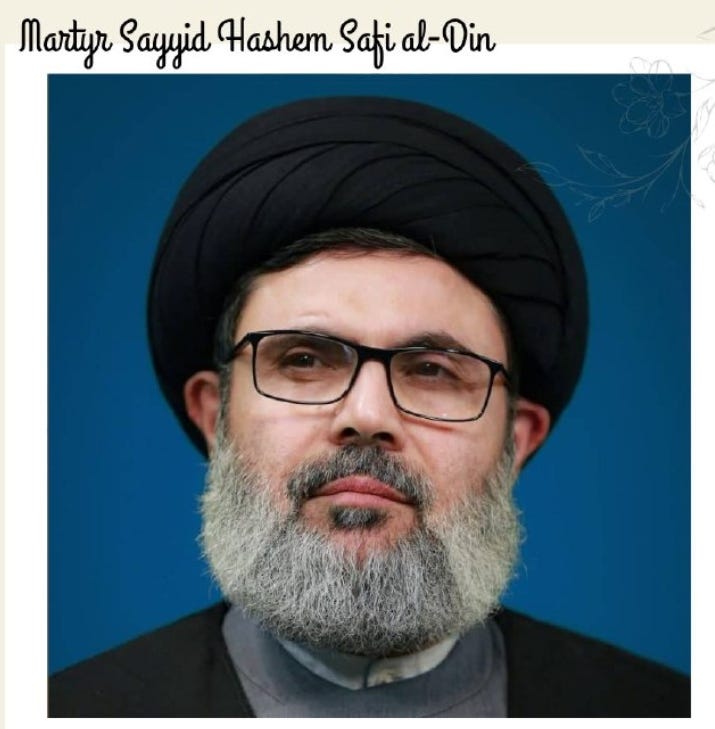Before the Final Breath
The Last Plea of Sayyid Hashem Safi al-Din to the Imam of Our Time (AS)
In the quiet, sacred hours before his martyrdom, Sayyid Hashem Safi al-Din wrote not a will of this world, but a letter of yearning — a letter to the Hidden Imam (AS). His final words were not about war, family, or legacy, but about love — the aching love of a servant longing for his Master.
With death drawing near, he wrote:
“There is little left of my life. Do you wish for me to leave without seeing you?”
It was not fear of martyrdom that stirred his heart — it was the thought of separation. For him, the true loss was not dying, but dying without the meeting he had spent his life preparing for.
He continued:
“If I am among those who are saved in the hereafter, what should I tell your ancestors if they ask me how you are?”
“And if I am among those who are disgraced, what value is there in being denied your vision?”
Sayyid Hashem’s words expose the depth of Wilayah — that the true joy of Paradise is proximity to the Imam, and the true pain of Hell is distance from him.
He pleaded:
“It is not in accordance with your generosity to turn away a servant who has failed in his deeds.”
Acknowledging his shortcomings, he did not beg based on merit. He begged based on love. Based on hope. Based on the boundless mercy of the Ahl al-Bayt (AS).
“Are you not that vast mercy who encompasses those who love him, as your ancestors have told us?”
In his final hours, Sayyid Hashem reminded the world that the Imam is not only a guide — he is a refuge. A sanctuary for the broken. A light for the lost.
“Do you prefer I seek refuge somewhere other than with you?”
“Do you wish that I should lose all hope and not reach your light?”
This was not just a soldier’s farewell — it was the cry of a lover, echoing across time, to the Master of Time.
May the Imam of our time (AJ) respond to this plea — and to ours — with the light of his reappearance.
Reference: Ali Reza Panahian


